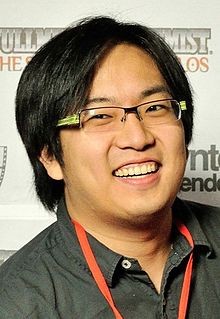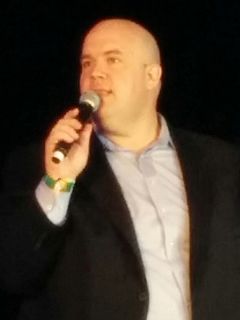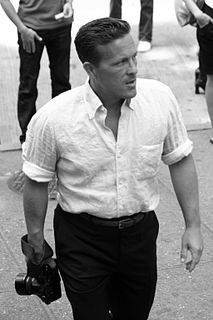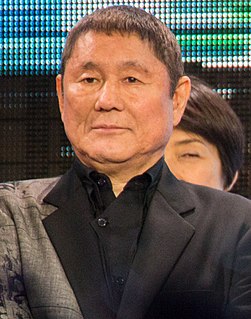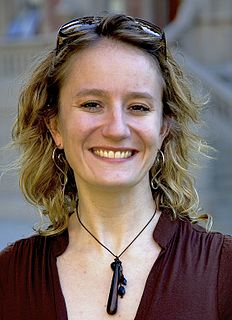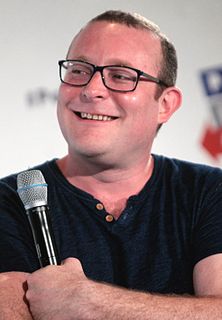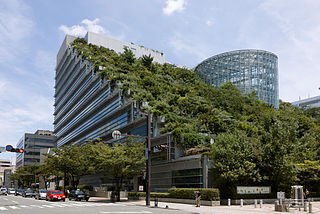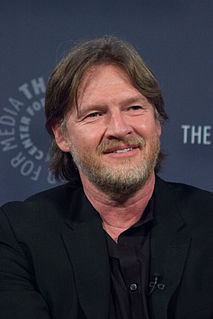A Quote by Paul Vixie
Fragmentation is like classful addressing - an interesting early architectural error that shows how much experimentation was going on while IP was being designed.
Related Quotes
With 'Rage,' it was a little bit different because this was going to be the public's first interaction with the 'Rage' IP. Early on, right after the tech demo, there was some marked concern internally how much of a bad thing it would be if the game went out and it wasn't well released and people got a bad taste off it.
Man is made of opinions,—of truth and error; and his life is a warfare like all other lives before him.... Man goes on developing error upon error till he is buried in his own belief.... It is the office of wisdom to explain the phenomena in man called disease, to show how it is made, and how it can be unmade. This is as much a science as it is to know how to decompose a piece of metal.
I love going to the runway shows. It's not so much for me a shopping trip as it is the appreciation of the craft of these design geniuses who come up with beautiful color combinations and beautiful proportion suggestions and these kind of ideas, so I look at the runway shows in very different ways, just kind of a romantic artistic interpretation of how they would like to see fashion going forward, but for me it's much more abstract. The runway shows are much more abstract than you know what ends up on people is much more real to me.
Doing TV shows helps me a lot in my screenplay writing and filmmaking, especially since my TV shows are in different formats: comedy sketches, talk shows, debate programs, art variety shows, quiz shows. These enable me to meet interesting people with interesting stories and to learn about interesting subjects, all of which I can reflect into film.
My first architectural project I did, I must have been fifteen, was for neighbors across the street, a couple of school teachers, and I designed a house for them. I didn't know anything about Le Corbusier or anything like that, but it ended up being a very cubistic kind of house. I always wanted to be an architect.



